Members of the Stormont Agriculture committee have received a letter from DAERA Minister Edwin Poots encouraging them to complete their scrutiny of the NI Executive’s climate change bill “as soon as possible”.
On Monday 1 November, MLAs at Stormont agreed to a request from the Agriculture Committee to extend the committee stage of this bill to 28 January 2022.
However, that leaves very little time if the bill is to be made into law before the Assembly is dissolved at the end of March 2022, ahead of elections on 5 May 2022.
It is this piece of draft legislation, brought to the Executive by Minister Poots, which contains a headline target for NI to achieve at least an 82% reduction in carbon emissions by 2050 (when compared to 1990 levels) as part of an overall UK target to be net zero by that date.
Unless you are saying that the world shall farm without any animals, you know that farming cannot get down to net zero
That 82% figure is based on best scientific advice from the UK Climate Change Committee (CCC), and has been described as being “on this side of the impossible” by CCC chair, Lord Deben.
A competing private member’s bill, taken forward by Green Party leader Clare Bailey is also currently with the Stormont Agriculture committee, and would require NI to reach net zero emissions by 2045.
It is understood that negotiations between DAERA officials and sponsors of the Clare Bailey bill have now ended without a compromise being found
“Unless you are saying that the world shall farm without any animals, you know that farming cannot get down to net zero,” Lord Deben told a climate change event at Greenmount at the end of last month.
Despite the warnings from the CCC and others, various MLAs continue to press ahead with the private member’s bill. It is understood that negotiations between DAERA officials and sponsors of the Clare Bailey bill have now ended without a compromise being found.
Tactic
There are now growing fears that the time extension requested to consider the DAERA bill is simply a tactic to ensure that it runs out of time. If MLAs are to get climate change legislation into place before the end of the current mandate, that would leave the Clare Bailey bill as the only option.
In their response to Minister Poots, members of the Agriculture committee said that they would endeavour to complete their work in a timely manner, but “we must be allowed the adequate time to complete effective scrutiny”.
Evidence
That “effective scrutiny” has involved hours and hours of evidence from various groups repeating points that have already been made on numerous occasions.
However, at last week’s meeting, Dr Thomas Muinzer, a law lecturer at Aberdeen University, and representing Environmental Justice Network Ireland, put forward a new argument in support of net zero by 2045.
Pointing to the free trade deals done with both Australia and New Zealand, and the possibility that the UK at some point in the future might tax meat, he suggested that this will have a significant negative impact on NI farming. “The 82% was calculated on what I would describe as a ‘business as usual’ model. Things have shifted now,” he said.
Read more
Keep fewer animals, climate chief tells NI farmers
NI agri-food keen on sustainability body
Members of the Stormont Agriculture committee have received a letter from DAERA Minister Edwin Poots encouraging them to complete their scrutiny of the NI Executive’s climate change bill “as soon as possible”.
On Monday 1 November, MLAs at Stormont agreed to a request from the Agriculture Committee to extend the committee stage of this bill to 28 January 2022.
However, that leaves very little time if the bill is to be made into law before the Assembly is dissolved at the end of March 2022, ahead of elections on 5 May 2022.
It is this piece of draft legislation, brought to the Executive by Minister Poots, which contains a headline target for NI to achieve at least an 82% reduction in carbon emissions by 2050 (when compared to 1990 levels) as part of an overall UK target to be net zero by that date.
Unless you are saying that the world shall farm without any animals, you know that farming cannot get down to net zero
That 82% figure is based on best scientific advice from the UK Climate Change Committee (CCC), and has been described as being “on this side of the impossible” by CCC chair, Lord Deben.
A competing private member’s bill, taken forward by Green Party leader Clare Bailey is also currently with the Stormont Agriculture committee, and would require NI to reach net zero emissions by 2045.
It is understood that negotiations between DAERA officials and sponsors of the Clare Bailey bill have now ended without a compromise being found
“Unless you are saying that the world shall farm without any animals, you know that farming cannot get down to net zero,” Lord Deben told a climate change event at Greenmount at the end of last month.
Despite the warnings from the CCC and others, various MLAs continue to press ahead with the private member’s bill. It is understood that negotiations between DAERA officials and sponsors of the Clare Bailey bill have now ended without a compromise being found.
Tactic
There are now growing fears that the time extension requested to consider the DAERA bill is simply a tactic to ensure that it runs out of time. If MLAs are to get climate change legislation into place before the end of the current mandate, that would leave the Clare Bailey bill as the only option.
In their response to Minister Poots, members of the Agriculture committee said that they would endeavour to complete their work in a timely manner, but “we must be allowed the adequate time to complete effective scrutiny”.
Evidence
That “effective scrutiny” has involved hours and hours of evidence from various groups repeating points that have already been made on numerous occasions.
However, at last week’s meeting, Dr Thomas Muinzer, a law lecturer at Aberdeen University, and representing Environmental Justice Network Ireland, put forward a new argument in support of net zero by 2045.
Pointing to the free trade deals done with both Australia and New Zealand, and the possibility that the UK at some point in the future might tax meat, he suggested that this will have a significant negative impact on NI farming. “The 82% was calculated on what I would describe as a ‘business as usual’ model. Things have shifted now,” he said.
Read more
Keep fewer animals, climate chief tells NI farmers
NI agri-food keen on sustainability body



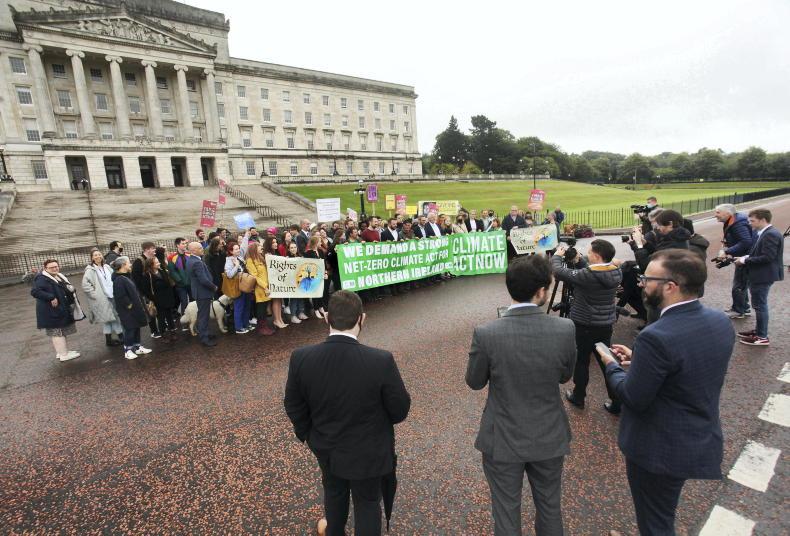

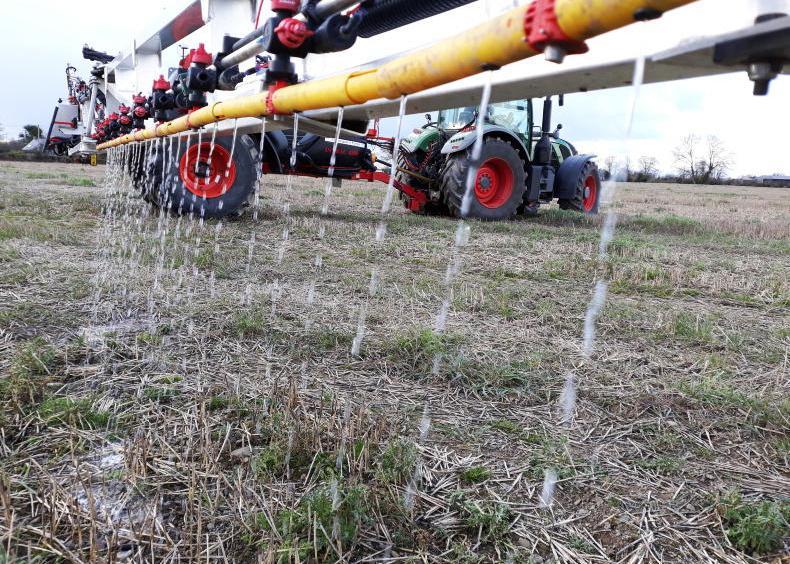
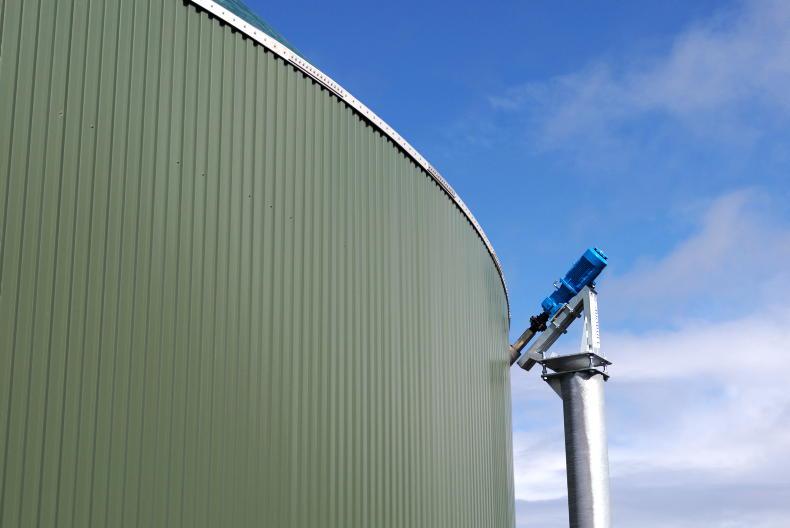
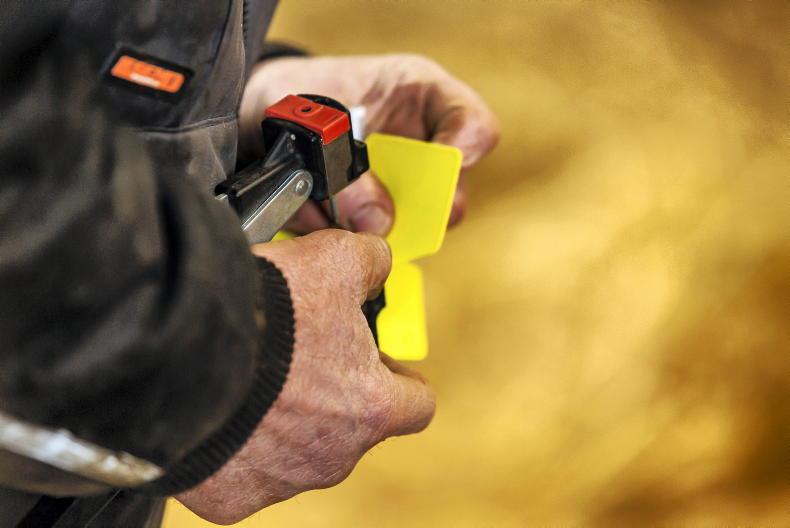
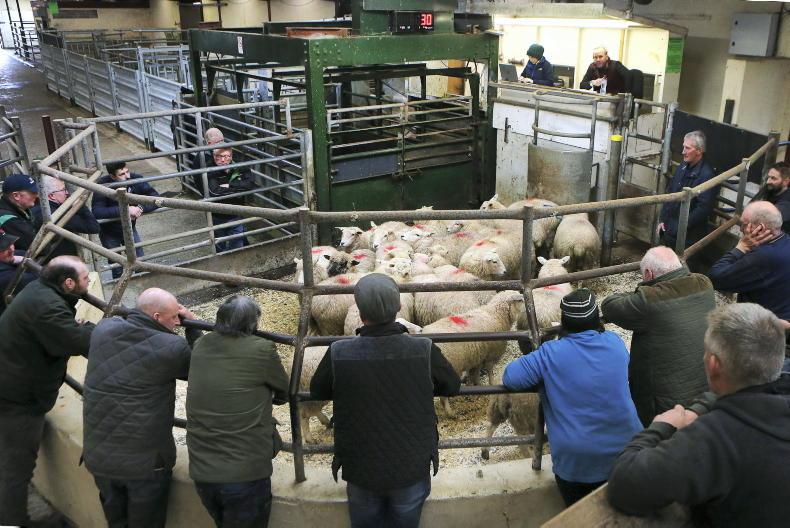
SHARING OPTIONS